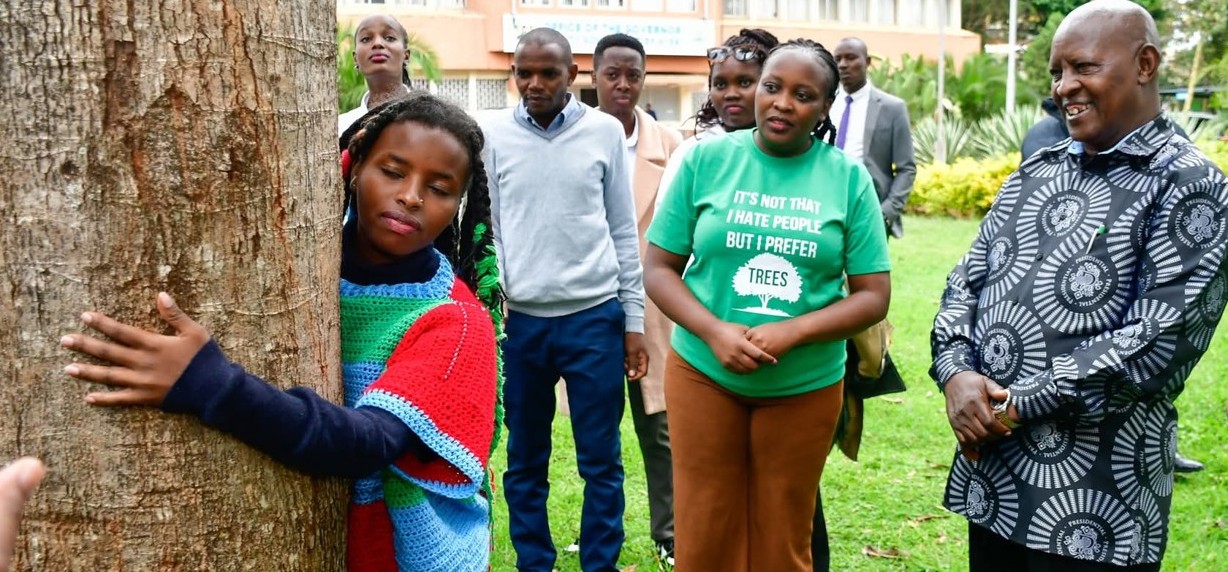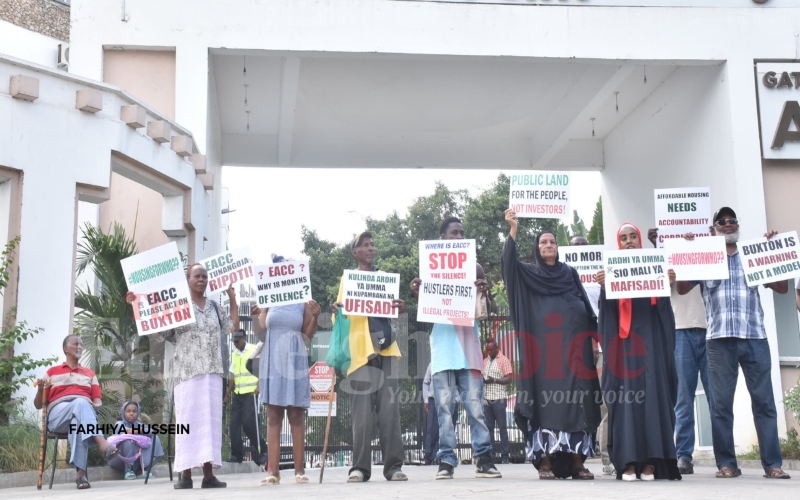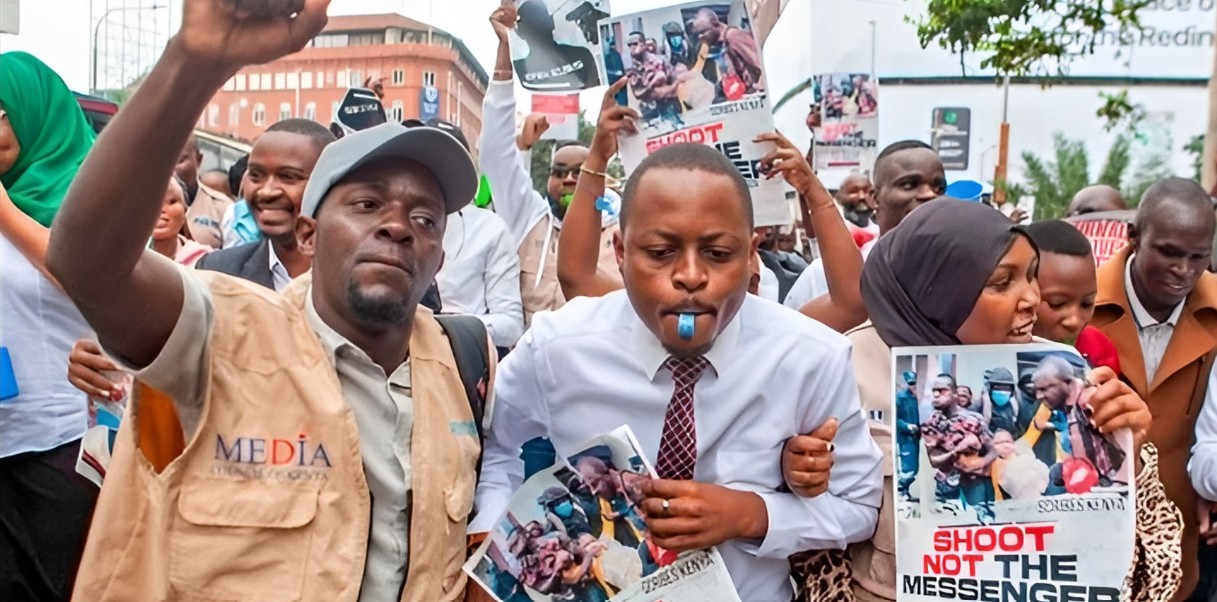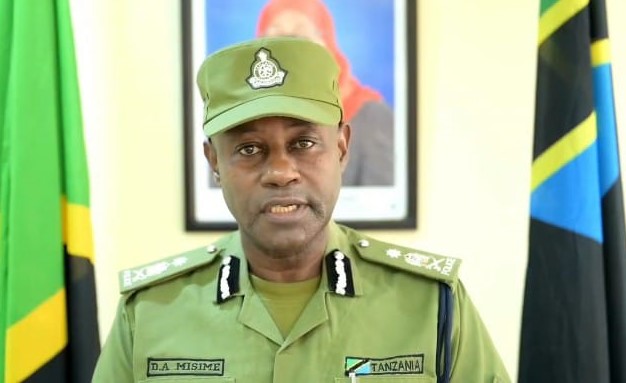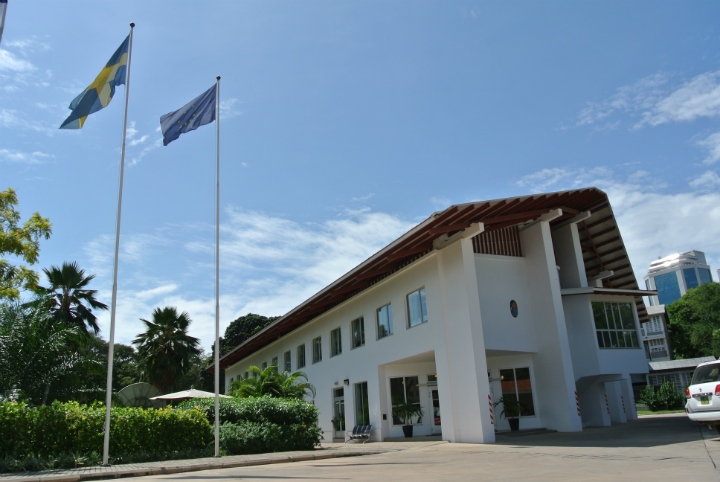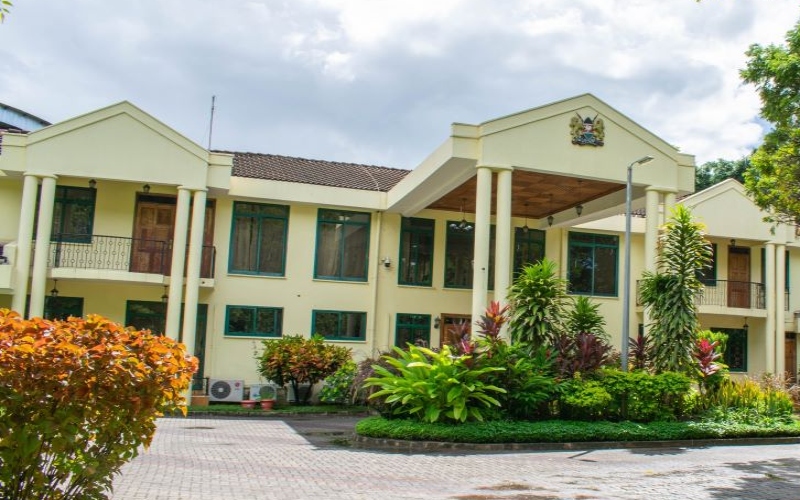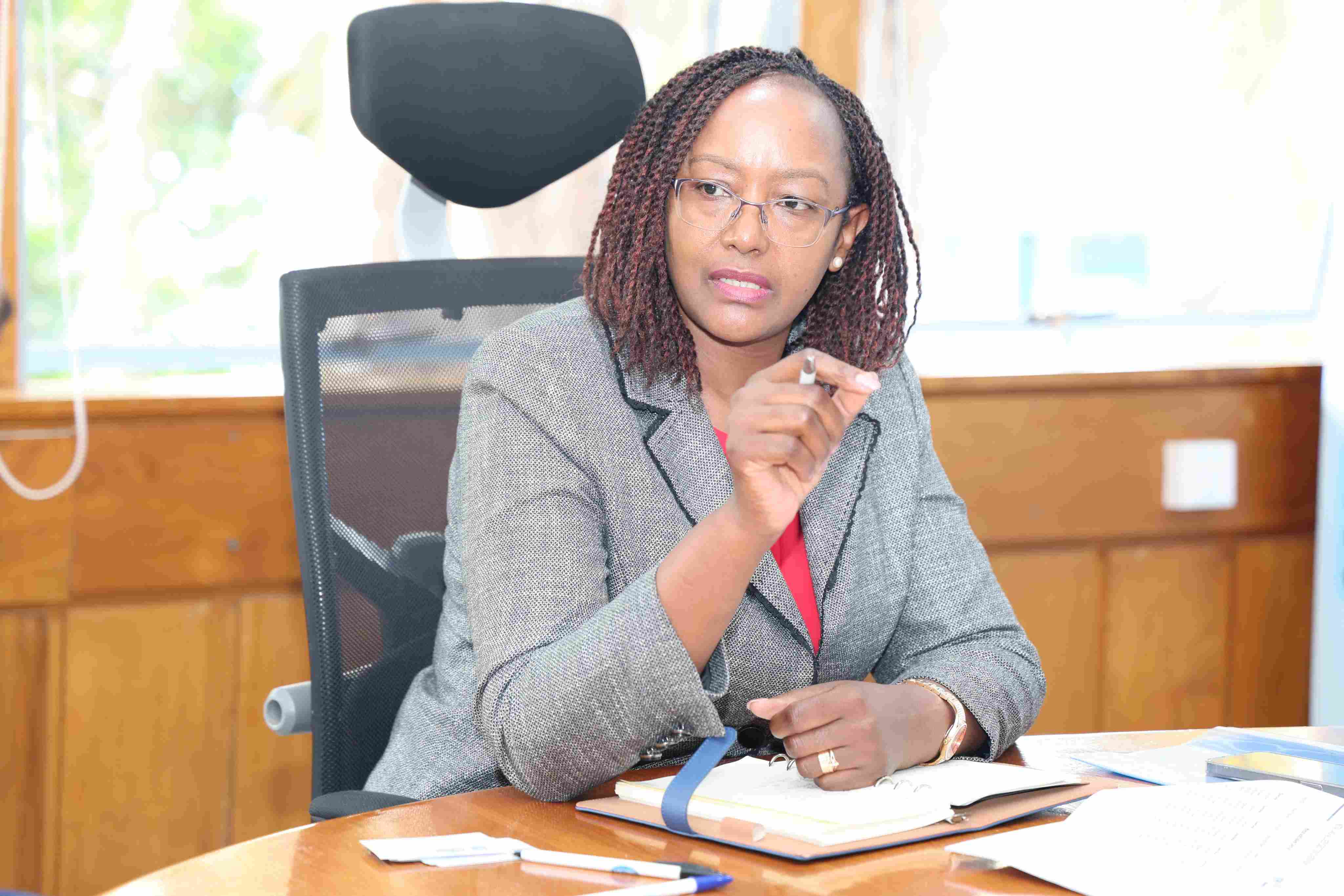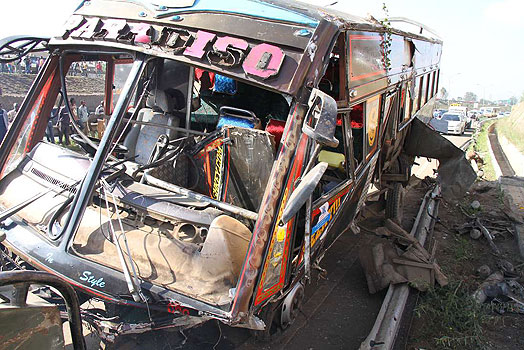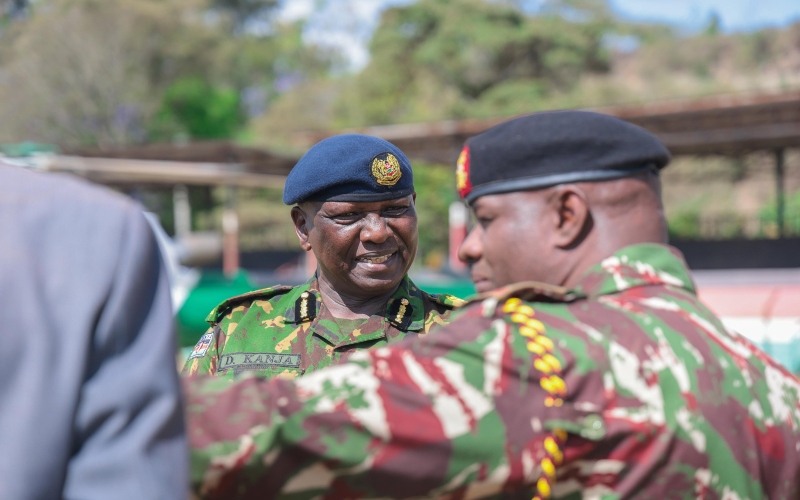Tanzania&

Reports from Dar es Salaam, Arusha, Mwanza, and Dodoma indicate an unusually heavy presence of police and military units, with armoured vehicles stationed at key intersections and government buildings.
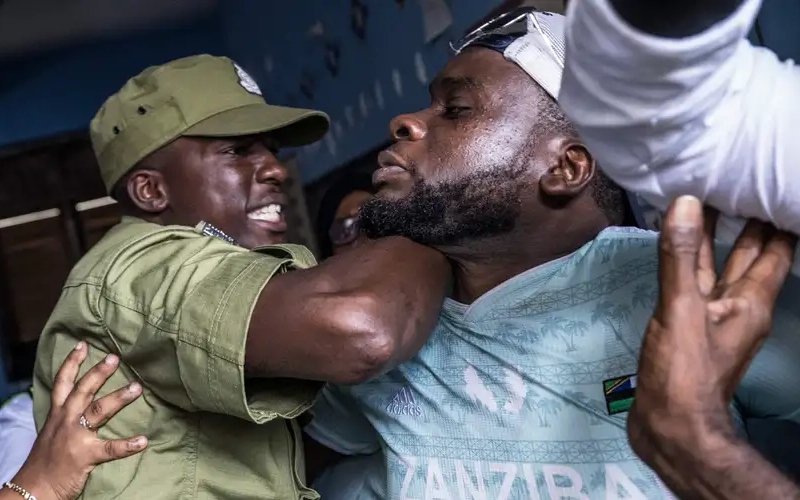
Tanzania's response has been predictable. Officials describe the criticism as foreign interference and insist that the country will not be 'lectured by outsiders on democracy'.

Tanzania’s regulator asked Meta to restrict three Instagram accounts over election-related content, warning of possible platform blocks, as Meta confirms targeted limits on activist accounts.

17 diplomatic missions and UN experts are pressing Tanzania to investigate alleged extrajudicial killings after the October 29 elections, release political detainees and ensure an independent, transparent inquiry.
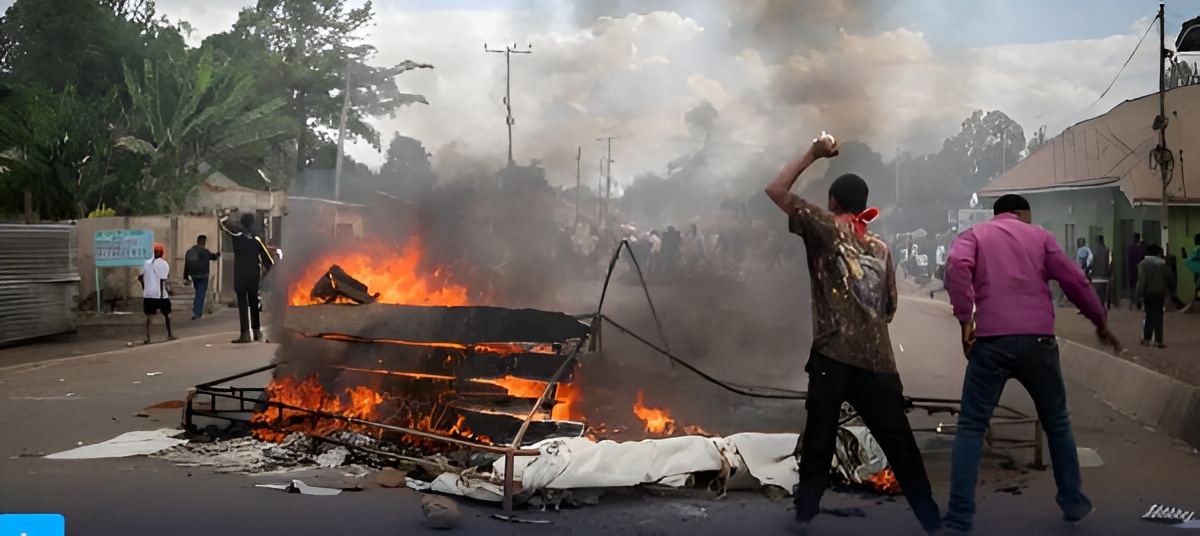
The US is comprehensively reviewing relations with Tanzania after disputed October 29 elections, as UN experts allege at least 700 extrajudicial killings and widespread abuses, raising concerns over regional stability.

Kimambi said her Instagram accounts, including her personal page and news platform, as well as her WhatsApp number, were deactivated, in a move she believes was intended to silence her.
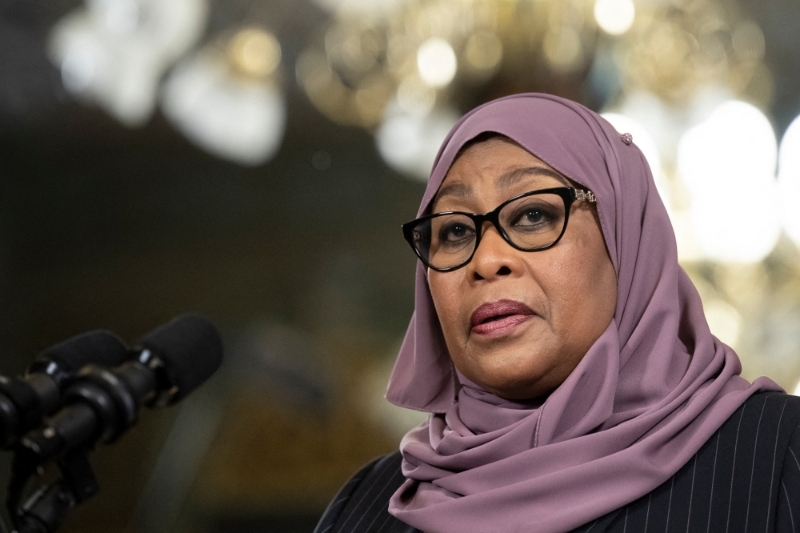
Ghana’s foreign ministry has issued a rare public rebuke of Tanzania over post-election violence, urging accountability, due process and protection of civic freedoms amid rising regional unease.

Tanzanian activist and influencer Mange Kimambi has been charged in Dar es Salaam with economic sabotage and money laundering involving Sh138.5m, with prosecutors seeking her extradition from the US.

President Samia Suluhu said the deployment was necessary to prevent protesters from toppling her administration, dismissing criticism from neighbouring countries as hypocritical.
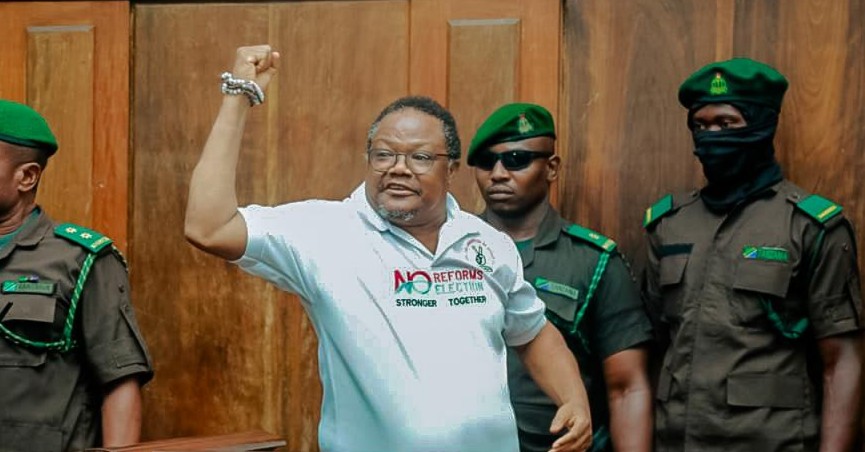
Tanzania’s Chadema party alleges its chair Tundu Lissu is being isolated at Ukonga Prison after officials were denied visits, a claim the Prisons Service spokesperson has publicly rejected.
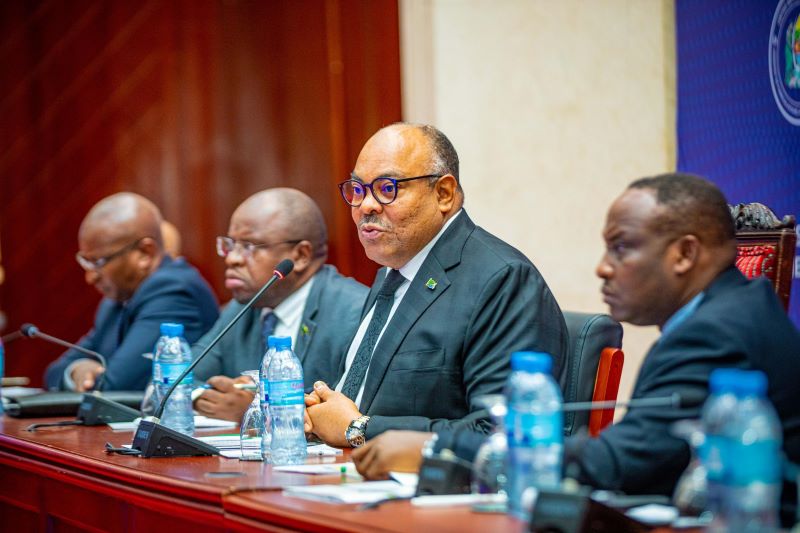
Tanzania's government is lobbying the EU to reverse a proposed aid freeze following unrest linked to the recent elections. Diplomatic efforts are underway to safeguard national interests.

Legislators pointed to credible reports of post-election killings and a growing climate of intimidation targeting opposition figures, journalists, civil society organisations and human rights defenders.
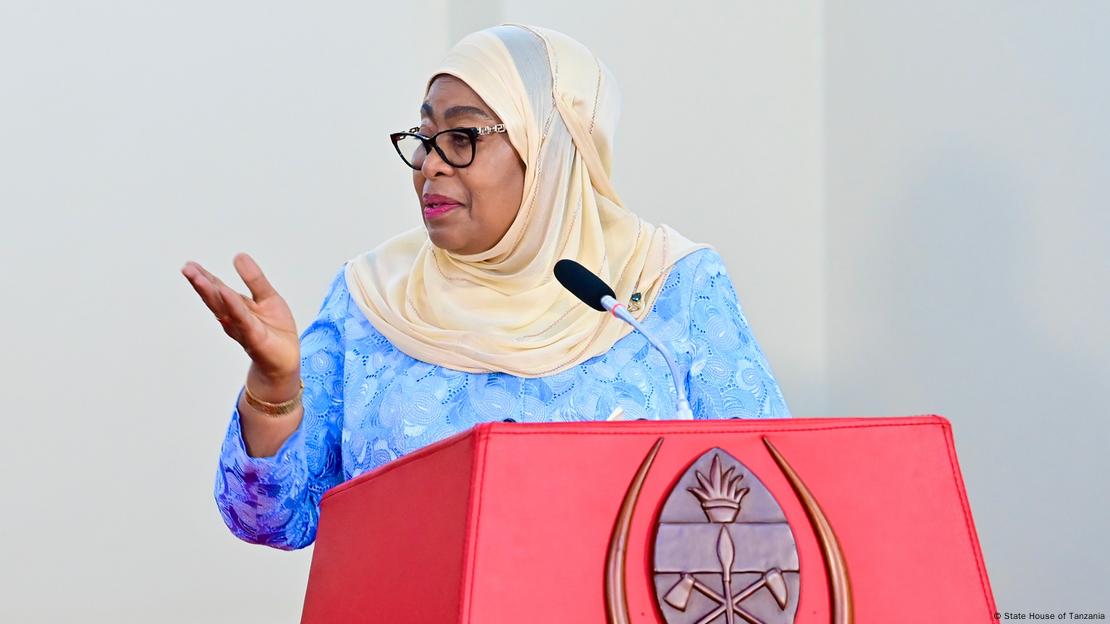
Members of the European Parliament (MEPs) on Thursday condemned the excessive use of force by Tanzanian security forces against protesters, which left thousands dead or injured amid reports of mass graves.

The government said the measure is necessary to curb mobility that could enable unrest during the demonstrations called by youth groups challenging President Samia Suluhu’s re-election.

Lawyer Juan Carlos Gutierrez, representing victims, claims that as commander-in-chief, “President Samia Suluhu Hassan bears ultimate responsibility for the crimes, having explicitly authorised violence against civilians”.
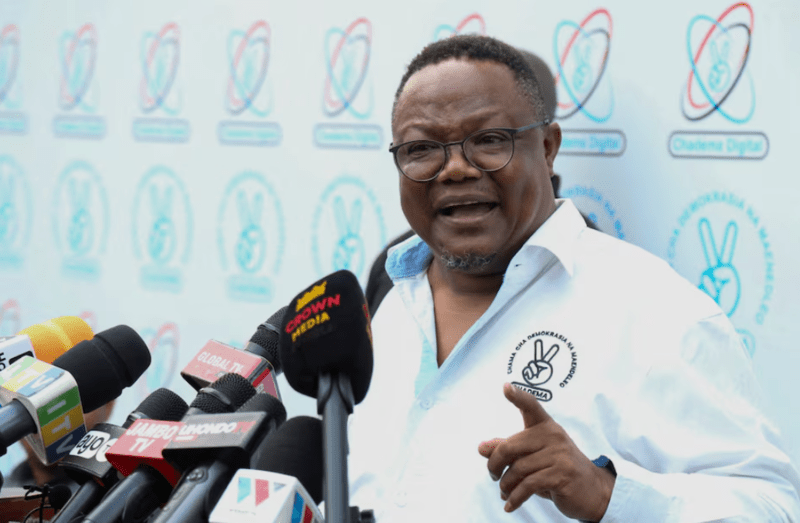
Lissu detailed a series of findings by election observers and international actors, warning that the situation in Tanzania has deteriorated into intimidation, killings and unlawful detentions.

The Committee stressed that any investigation must be independent and immediate. “There must be an independent investigation into these tragic acts immediately.”

Prime Minister Mwigulu Nchemba said the budget allocated for festivities would instead be redirected to repair public infrastructure damaged during the unrest.

According to CNN, its investigation found that police and armed men shot at groups of protesters in the wake of President Samia Suluhu Hassan’s re-election, with many victims appearing unarmed or carrying only rocks and sticks.

President Samia said the investigation would examine the causes of the unrest, the involvement of political parties, and the role of both local and foreign organisations.

CHADEMA said Samia lacks political, legal and moral legitimacy to convene a body tasked with investigating actions it claims were orchestrated by her administration.
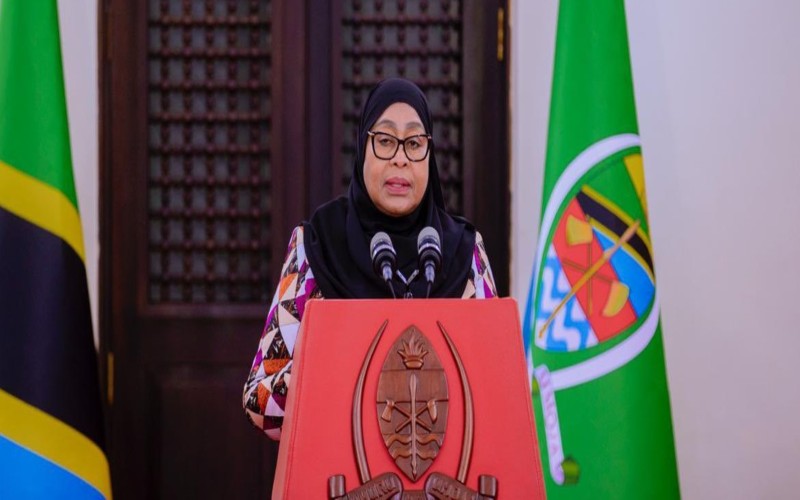
President Samia Suluhu Hassan cautioned that this could undermine the government’s ability to obtain external financing as easily as it had during the first term of her administration.
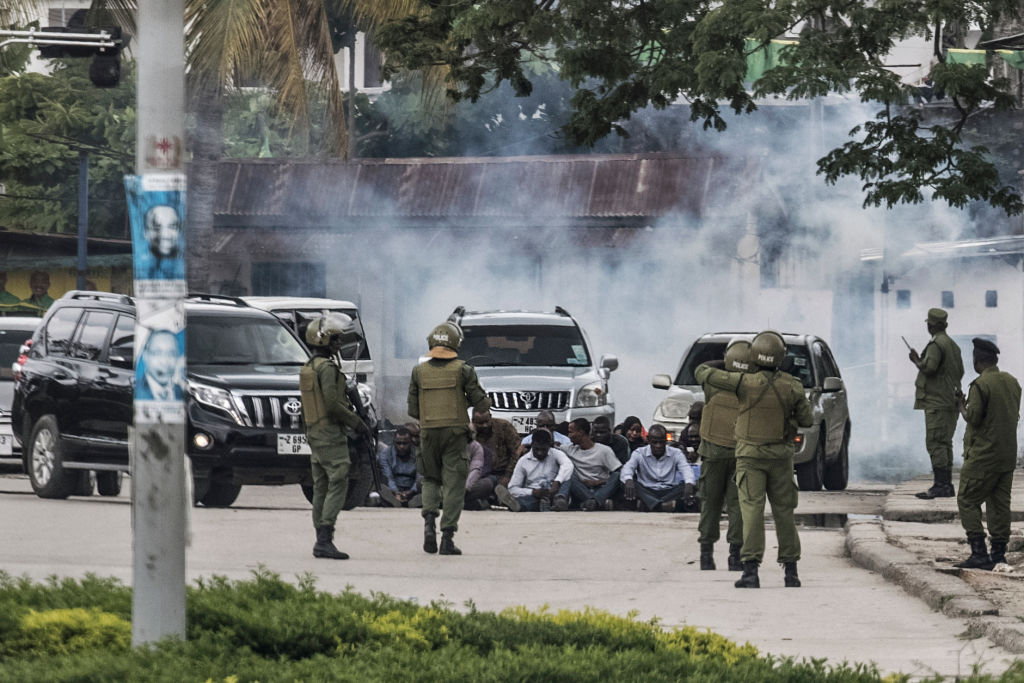
The CS said efforts to trace Kenyan teacher John Ogutu’s body in Tanzanian hospitals and mortuaries have not yielded results.
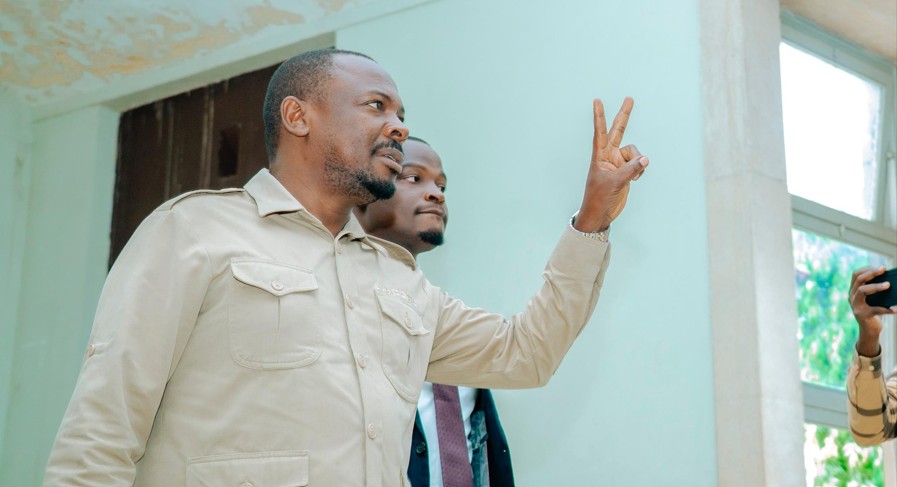
CHADEMA is demanding that all unlawfully detained citizens, members, and leaders be released immediately and unconditionally.
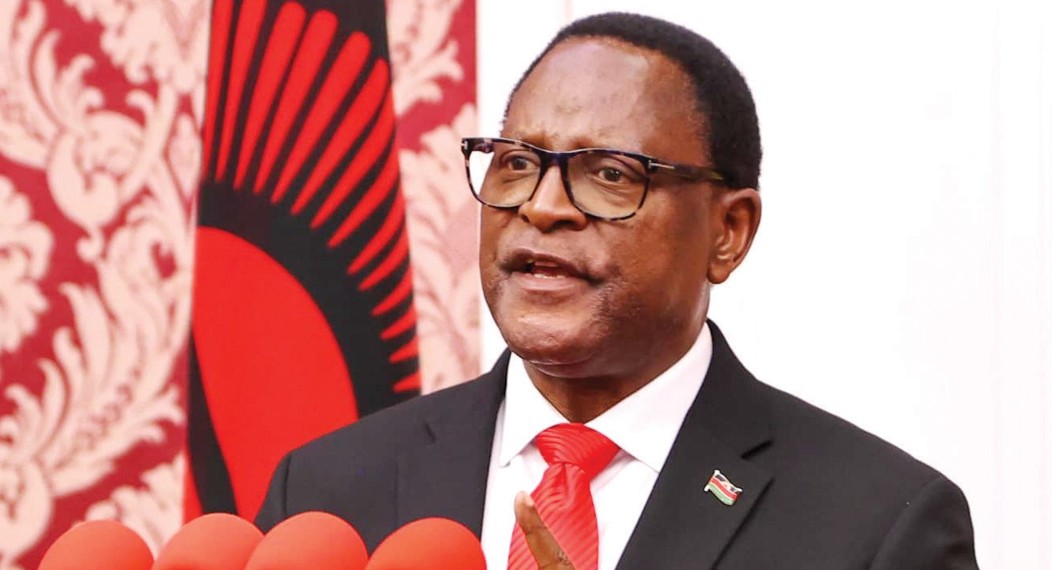
During his visit, Chakwera is expected to meet government officials, opposition figures, civil society leaders, religious authorities, and international partners.

Wanu and Mohammed, who are married, now enter the Cabinet together, a decision expected to intensify criticism from opponents who have long accused President Samia of nepotism.
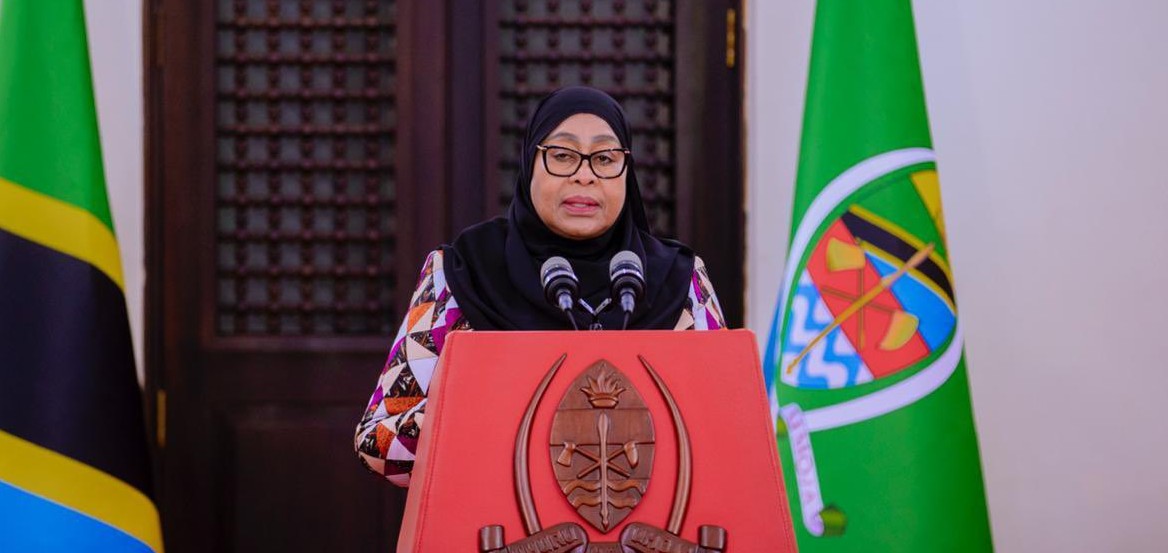
The changes, announced in a televised address from State House in Chamwino on Monday, reflect Samia's commitment to stronger governance, youth empowerment, and improved service delivery.
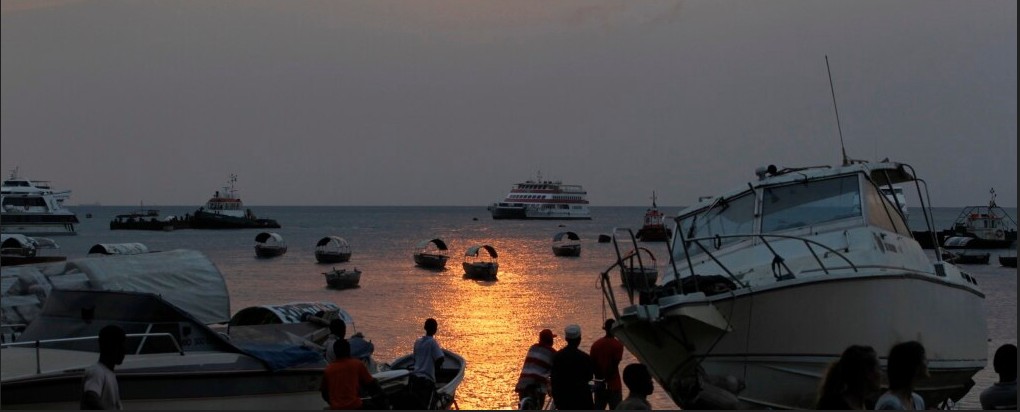
In January, Zanzibar welcomed 84,069 visitors, followed by 82,750 in February and 60,345 in March. International arrivals peaked mid-year, reaching 98,370 in July, 105,506 in August and 84,154 in September.
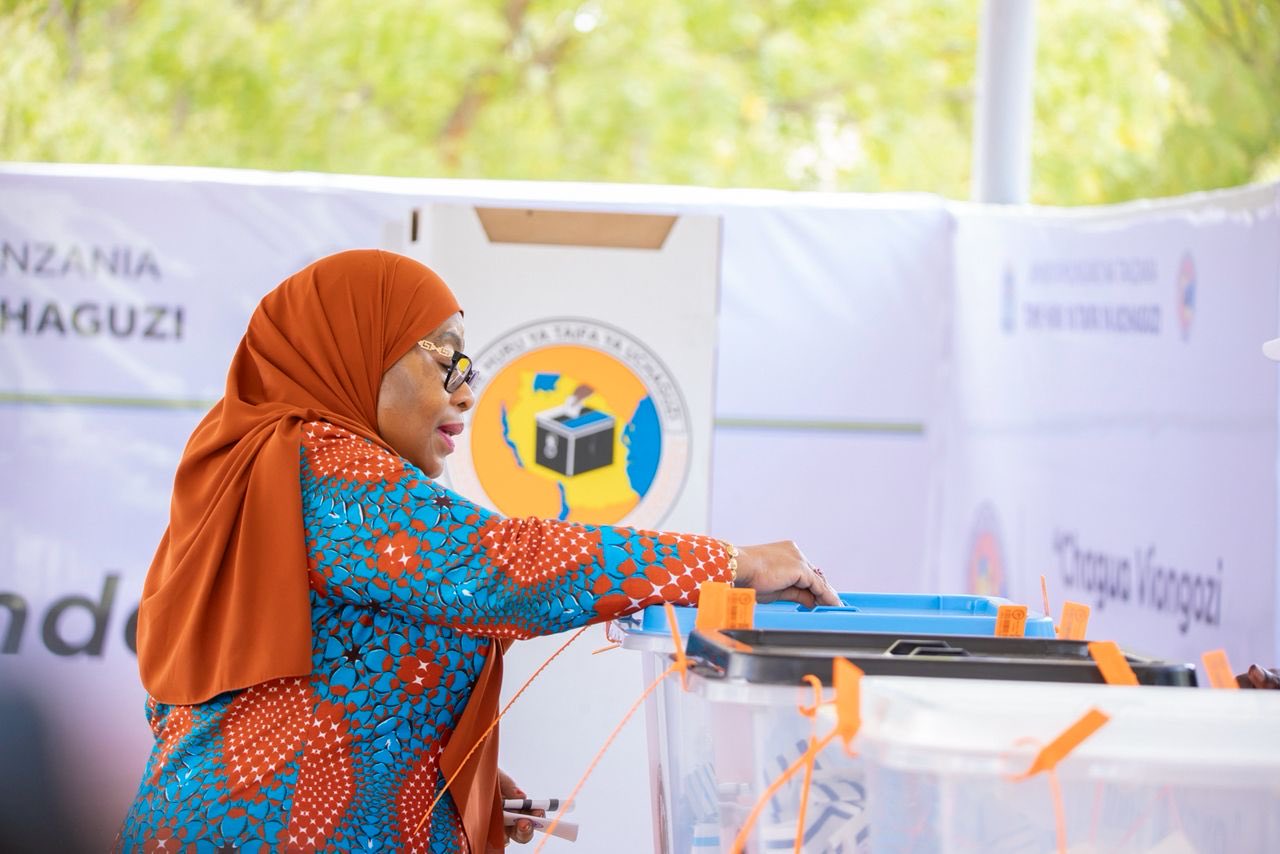
The senators described the October 29 elections as a sham, citing vote manipulation, abductions, and state-sponsored suppression.
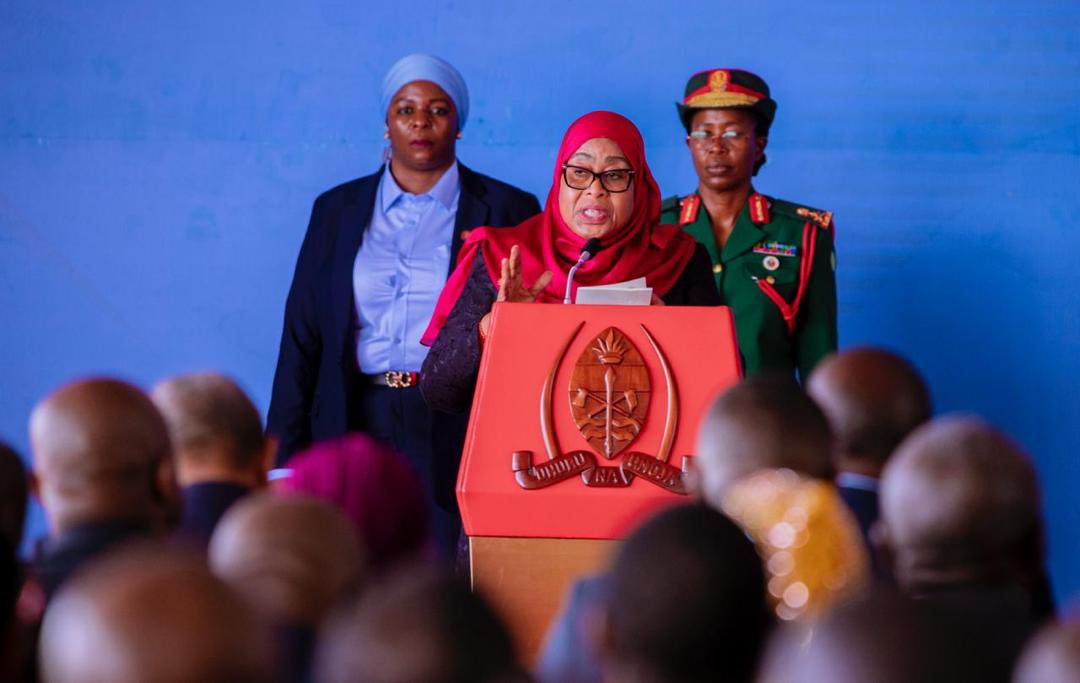
Addressing the 13th Parliament on November 14, 2025, President Samia expressed deep sorrow over the loss of life and disruption caused by the unrest. She called on Members of Parliament and guests to observe a one-minute silence in honour of the victims.
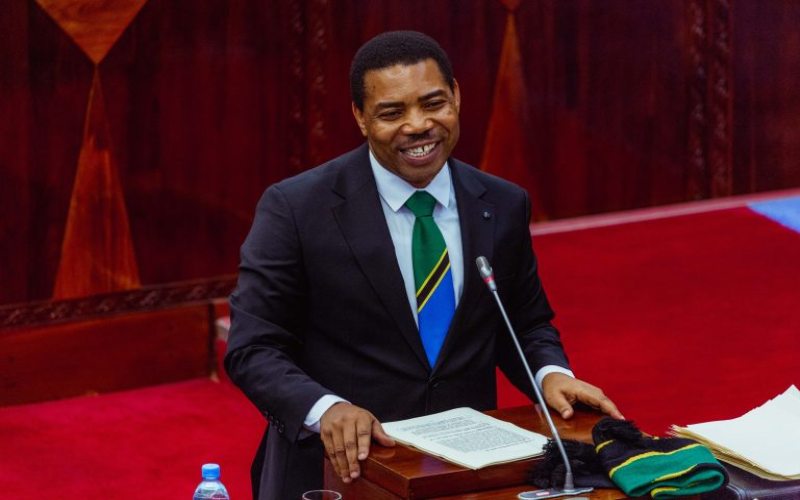
Mwigulu Nchemba succeeds Kassim Majaliwa, who had held the position for a decade.
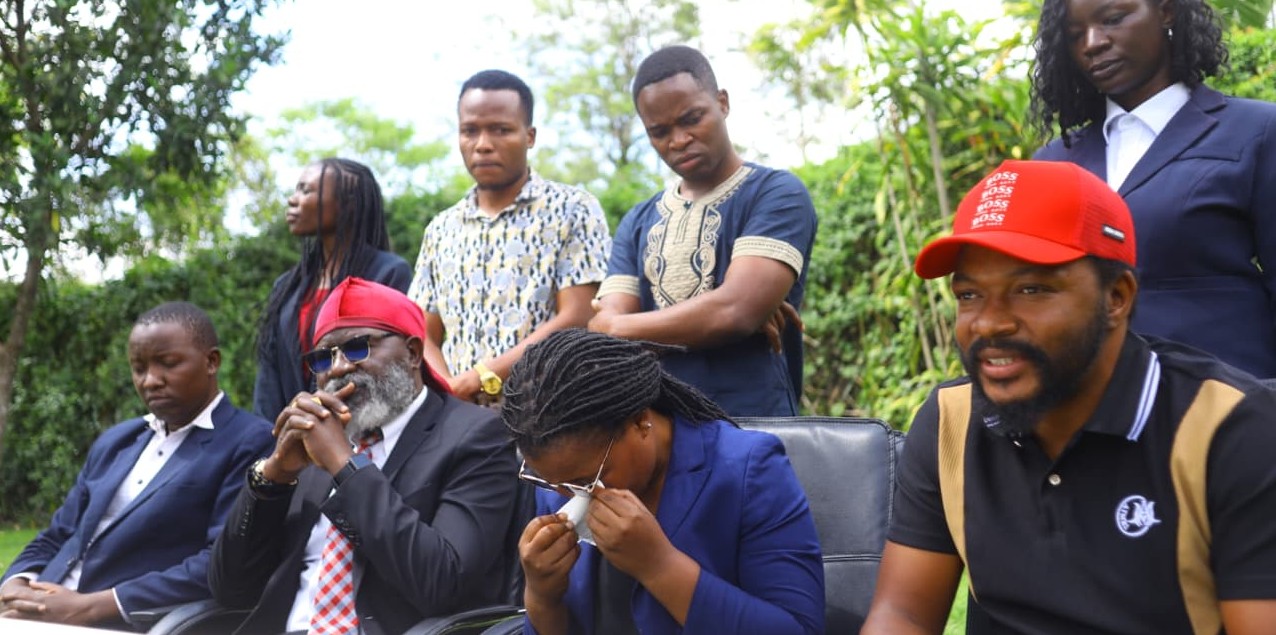
Facing raids, abductions, and threats to their lives, Tanzanian CHADEMA leaders have crossed into Kenya seeking urgent protection.

The Tanzanian Parliament is set to approve the appointment later on Thursday following Suluhu's decisive win in the October 29 polls.
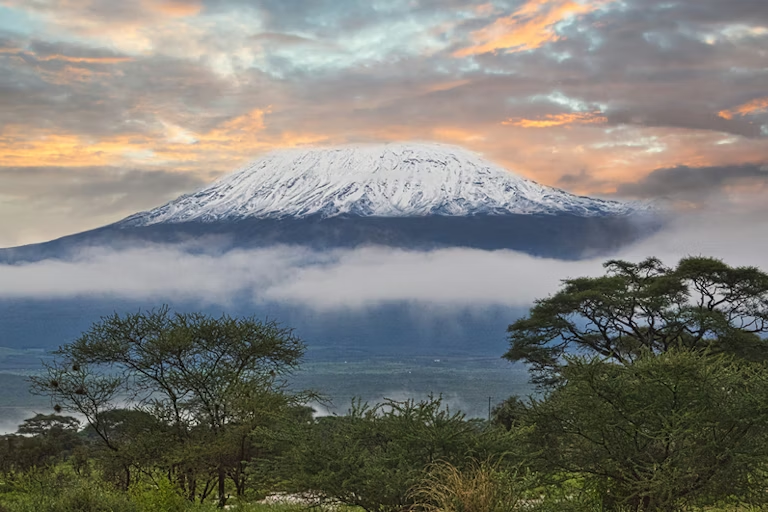
Since biodiversity is the base of ecosystem services, the destruction of Kilimanjaro’s natural habitats affects not only plants and animals living in natural habitats but also humans whose well-being depends on this.

The arrests and detentions followed post-election violence in the country, which left one Kenyan teacher shot dead and led to hundreds of deaths and injuries, according to local reports.

According to court records, nearly 340 people have been detained across seven towns, with the largest numbers in Dar es Salaam and Iringa.
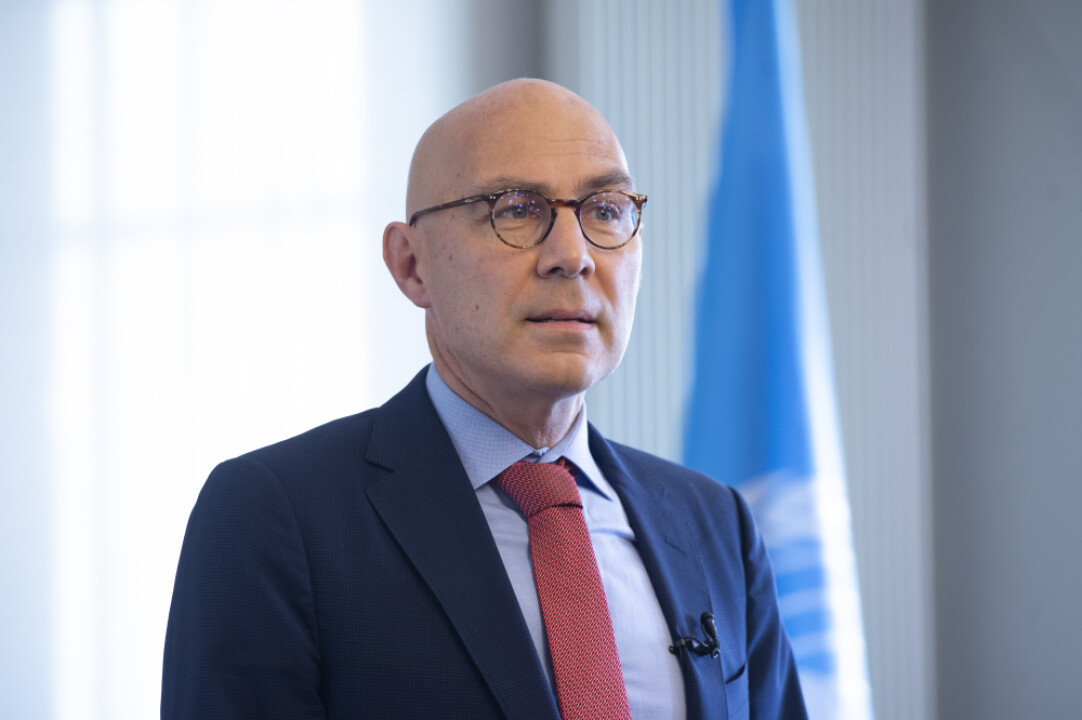
The call comes amid reports that security forces may have taken bodies to undisclosed locations, leaving families struggling to locate their loved ones.

Over the weekend, President Samia Suluhu Hassan extended an olive branch to opposition leaders, calling for dialogue following last month's disputed general election.
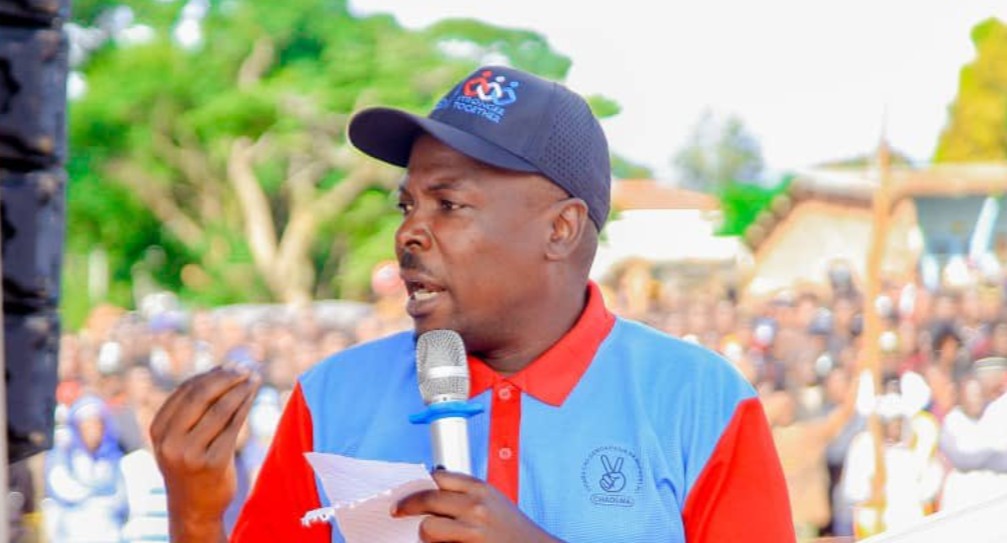
The other officials released include Deputy Secretary-General (Mainland) Amani Golugwa, Central Committee member Godbless Lema, and Coastal Zone Chairperson Boniface Jacob, known widely as Boni Yai.

The two said their ordeal began at military checkpoints and escalated at police stations where they were held in inhumane conditions with dozens of other detainees.
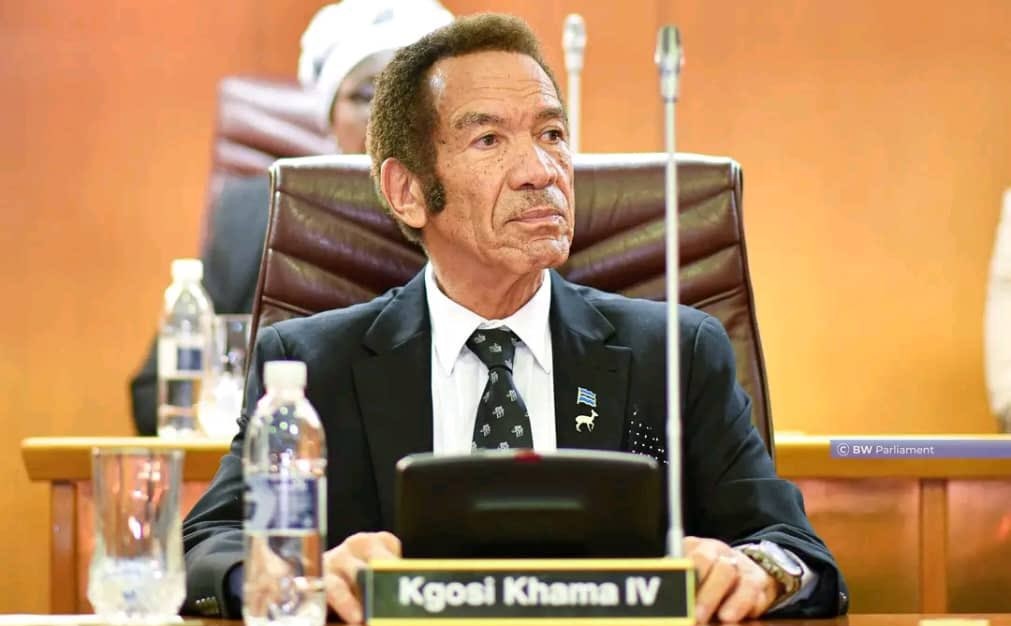
Khama, who served as Botswana’s president from 2008 to 2018, also criticised Cameroon President Paul Biya, recently sworn in at 92 years old, saying the leadership challenges in both countries reflect a broader governance crisis in Africa.

Despite urging dialogue and reconciliation, President Samia’s government continues to detain key opposition leaders, fueling doubts over her commitment to national unity.
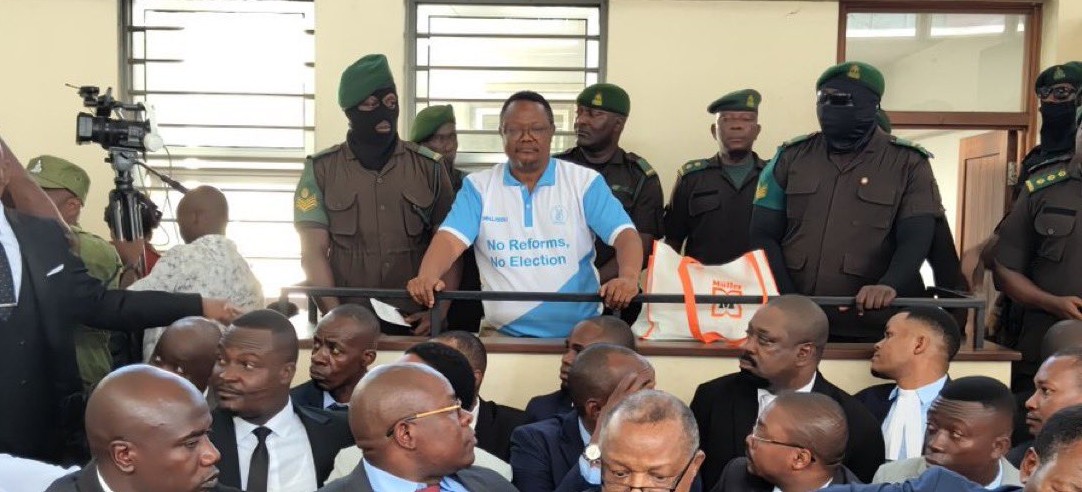
State Counsel Thawabu Issa told the High Court that the Prisons Department was unable to present Lissu in court, citing safety concerns.

With only 12 opposition MPs in a 396-member House, analysts warn of weakened debate and limited oversight.

The released citizens, lawyer Fredrick Lorent Obuya and financial professional John Gitahi Nderitu, had been taken into custody as part of a wider crackdown on demonstrators.
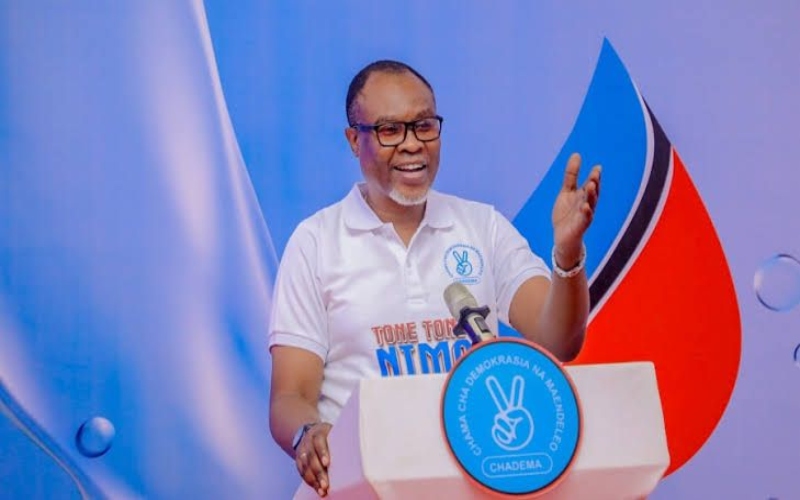
Golugwa becomes the third senior party leader to be detained in recent weeks, following the arrests of Chairperson Tundu Lissu and Vice-Chairperson John Heche.

The unrest erupted on election day when security forces confronted protesters, resulting in scores of deaths and injuries. Witnesses say hundreds, and possibly thousands, lost their lives, though the government has not released official casualty figures.

The activists said President Samia Suluhu Hassan had lost legitimacy, forfeited the moral mandate to govern, and now presides over what they termed mass atrocities.

Among those killed were journalists Master Tindwa of Clouds Media, who was shot at his home in Temeke, and Kelvin Lameck Mwakangondya of Baraka FM, who was killed while on duty in Mbeya.
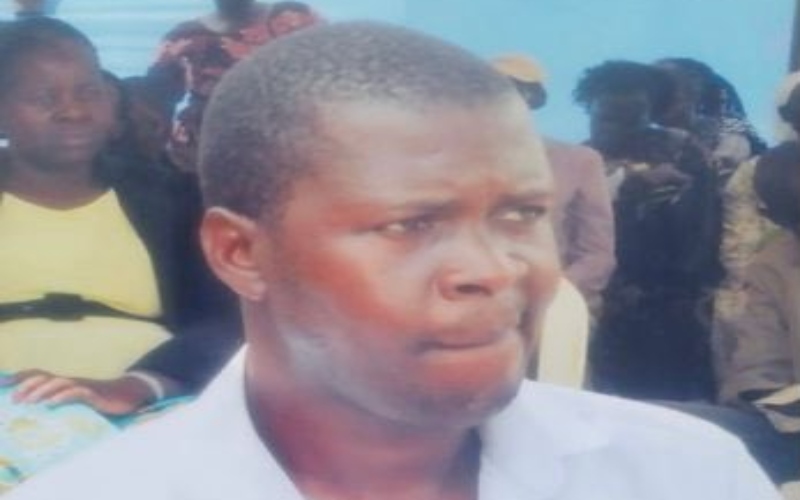
Amnesty International Kenya, Vocal Africa and Defenders Coalition condemned the ongoing violence, human rights violations and breakdown of the rule of law in Tanzania following the recently concluded elections.

The groups warn that the country is facing its worst human rights crisis in decades and are calling for urgent regional and international intervention.

The US-based influencer, who lives in Los Angeles and is known for her fiery political posts, is accused of fueling protests that turned deadly after Tanzania’s controversial vote.
Trending

